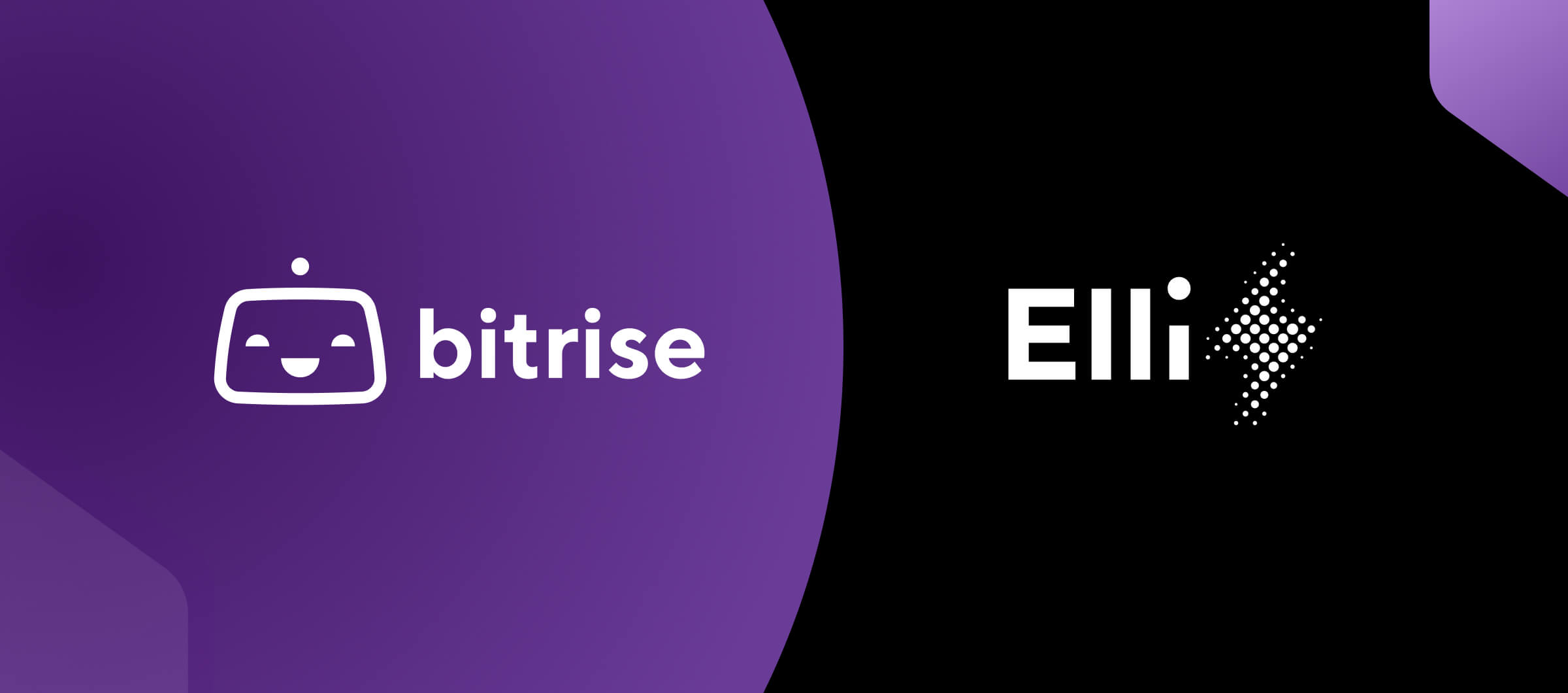Insights from Bitrise Co-founder Dániel Balla at Money20/20
At Money20/20, Dániel Balla, Co-founder and Chief Strategy Officer of Bitrise, delivered a provocative talk on a quietly growing risk in fintech: underestimating the strategic importance of mobile app development. Drawing from a decade of experience helping fintech companies scale mobile release processes, Balla offered a compelling case for rethinking mobile as a core business advantage rather than just another channel. Here’s the key takeaways from his talk - the hidden cost of stagnation.

Mobile isn’t just a channel – it’s the battleground
With $1.7 trillion in transactions driven through mobile apps in the last year, the stakes have never been higher. Consumers increasingly judge financial services by the same high standards set by TikTok and Instagram- intuitive, sleek, and constantly improving. Yet many fintechs still treat mobile development as a secondary priority, focusing on compliance and governance at the cost of speed and user experience.
The result? A brutal drop-off: 73% of users abandon an app in the first week, and 60% leave over time due to poor UX. As Balla pointed out, “Trust is everything in finance—and nothing kills trust faster than a clunky app.”
Release velocity: A hidden growth lever
Bitrise's research shows that fintech companies releasing updates weekly can increase user engagement by 80%. App stores reward frequency, and users reward relevance. But hitting that cadence is no small feat.
Balla outlined the unique constraints of mobile:
- Faulty releases can’t be rolled back easily—users might never update.
- Apple and Google can impose last-minute tooling or policy changes.
- Security and compliance reviews often block releases for weeks or months.

Fixing the broken process starts with three questions
Balla urged attendees to ask their CTOs three simple but powerful questions:
- What’s stopping us from releasing every other week?
- How confident are we in our testing strategy?
- Our app is our advantage - are we treating it like one?
The answers often uncover systemic inefficiencies. For example, mobile engineers frequently act as de facto release managers-chasing approvals, updating spreadsheets, and managing stakeholder input-work they weren’t hired to do. This drains productivity and morale.
The case for platform engineering and automation
Balla advocated for investing in platform engineering teams to automate and standardize release processes. These teams can:
- Integrate security into the development lifecycle.
- Automate repetitive release tasks.
- Create a feedback-rich environment that accelerates innovation.
He cited the success of N26, a digital bank in Germany that partnered with Bitrise. By reducing build times from 2.5 hours to just 20 minutes, N26 increased engineering flow, embedded security into every commit, and unlocked faster, safer releases.

Conclusion: Mobile is the future of fintech – Treat it that way
Fintech leaders must stop viewing mobile as an add-on and start treating it as a core competitive differentiator. Balla’s final call to action: “Your app is your advantage- start treating it like one.”
If fintechs want to avoid getting left behind in the mobile-first economy, it’s time to rethink their app release strategy from the inside out.
.jpeg)



